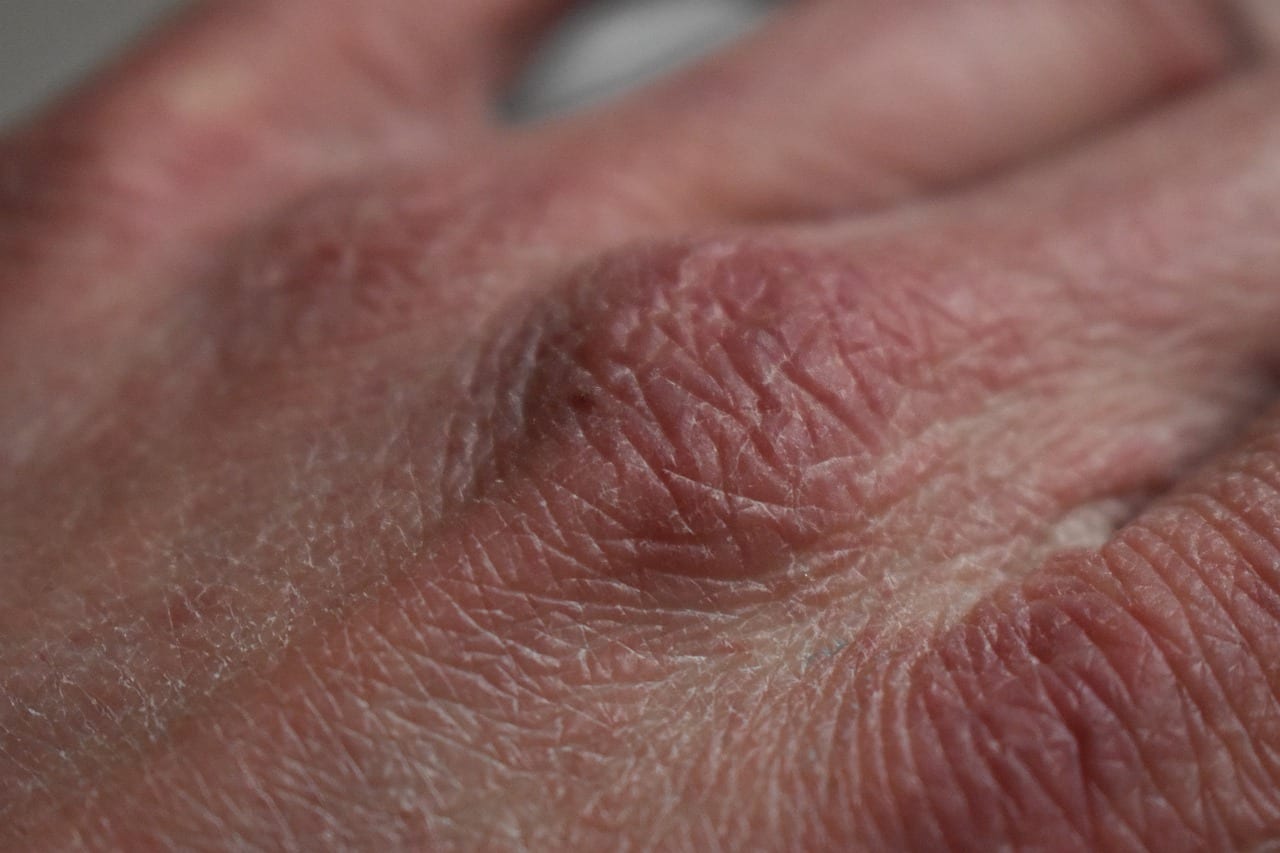Introduction (100 words):

Dry skin is a bothersome condition characterized by scaling, itching, and cracking, which can cause discomfort and affect our overall well-being. While it can be a result of various factors, even individuals with naturally oily skin can experience dryness occasionally. In this blog, we will delve into the causes and risk factors associated with dry skin, along with exploring effective strategies to prevent and treat this condition naturally. Let's explore these insights and empower ourselves with knowledge to combat dry skin effectively.
Understanding Dry Skin (150 words):
Dry skin, medically known as xerosis, occurs when the skin lacks sufficient moisture. It can take various forms, such as dry patches, redness, flaking, or a rough texture. Nevertheless, the primary symptoms of dry skin often include itchiness, tightness, and discomfort. Several factors can lead to dry skin, including:
1. Natural Skin Type: Despite having an oily skin type, external factors like weather conditions, excessive cleansing, or harsh skincare products can strip away the skin's natural oils, causing dryness.
2. Environmental Factors: Exposure to low humidity levels, cold weather, and dry air can deplete the moisture content on the skin's surface, leading to dryness.
3. Aging Process: As we age, our skin produces lesser natural oils, leading to drier skin.
4. Lifestyle Choices: Activities like hot showers, excessive sun exposure, or swimming in chlorinated water can impair the skin's natural moisture balance.
Risk Factors for Developing Dry Skin (200 words):
While dry skin can affect anyone, certain individuals are more prone to experiencing it. Some common risk factors include:
1. Seasonal Changes: Cold winter months and low humidity levels can cause moisture loss, leading to dry skin.
2. Skin Conditions: People with eczema, psoriasis, or other skin conditions are more susceptible to dry skin.
3. Occupation: Certain professions like healthcare, hairdressing, or cleaning involves frequent handwashing, use of detergents, or exposure to chemicals, which can contribute to dryness.
4. Genetics: A family history of dry skin can increase the likelihood of developing this condition.
5. Underlying Health Conditions: Conditions such as hypothyroidism, diabetes, or malnutrition can affect skin health and contribute to dryness.
Effective Strategies to Prevent and Treat Dry Skin (550 words):
Prevention is key when it comes to managing dry skin. By adopting some simple lifestyle choices and effective treatments, you can alleviate discomfort and keep your skin moisturized. Here are some strategies to consider:
1. Hydrate from within: Drink an adequate amount of water every day to maintain your body's hydration levels, which in turn benefits your skin.
2. Gentle Cleansing Routine: Use mild, fragrance-free cleansers that do not strip away the natural oils of your skin. Avoid hot water and ensure that your showers or baths are not excessively long.
3. Moisturize, moisturize, moisturize: Regularly apply a good-quality moisturizer suited for your skin type to replenish and lock in moisture. Opt for creams or ointments that contain humectants like glycerin or hyaluronic acid.
4. Humidify Your Surroundings: Place humidifiers in your living spaces, especially during dry seasons, to increase the moisture content in the air and prevent excessive drying of the skin.
5. Protect from Harsh Elements: Use sunscreen with a broad spectrum sun protection factor (SPF) to shield your skin from harmful UV rays. Additionally, wear protective clothing, such as hats and glove/'>gloves, when exposed to extreme weather conditions.
6. Consider Natural Remedies: Incorporate natural remedies like coconut oil, olive oil, or aloe vera gel into your skincare routine. These natural moisturizers can help rejuvenate and nourish your skin.
7. Exfoliation: Gently exfoliate your skin to remove dead skin cells, promoting a healthier complexion. Use mild exfoliants like jojoba beads or oatmeal.
8. Avoid Irritants: Stay away from harsh skincare products, synthetic fragrances, and alcohol-based toners, as they may further dry out the skin.
9. Wear Appropriate Clothing: Choose breathable fabrics like cotton, as they are less likely to irritate the skin and allow it to breathe.
10. Consult a Dermatologist: If your dry skin persists or worsens despite implementing preventive measures, it is advisable to seek professional guidance from a dermatologist for an accurate diagnosis and suitable treatment options.
Conclusion (50 words):
Dry skin can be a recurring issue, but with proper care and preventive measures, it can be effectively managed. By understanding the causes and risk factors associated with dry skin, and incorporating natural remedies and healthy skincare habits into our routine, we can promote and maintain a nourished and moisturized complexion. Remember, knowledge and self-care are powerful tools in combating dry skin.
